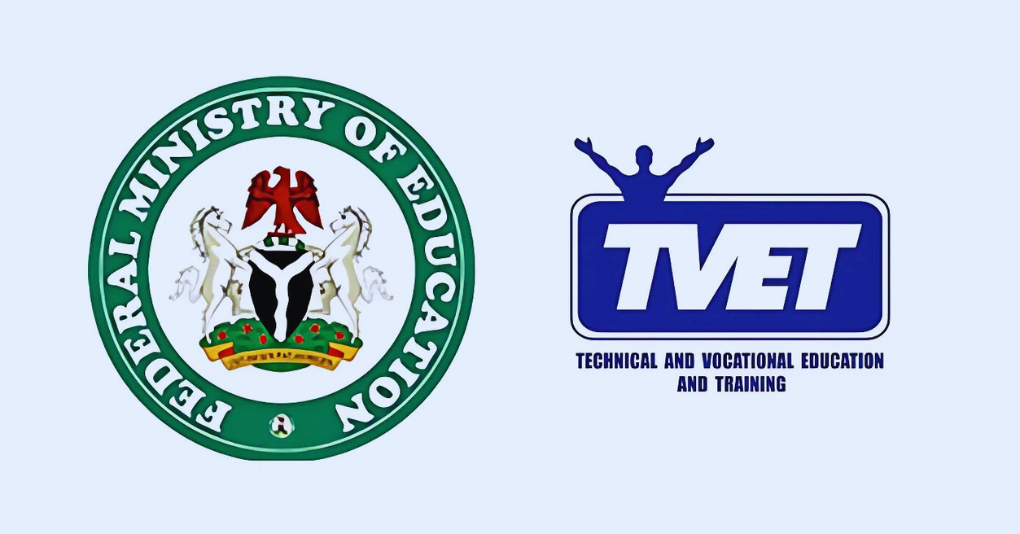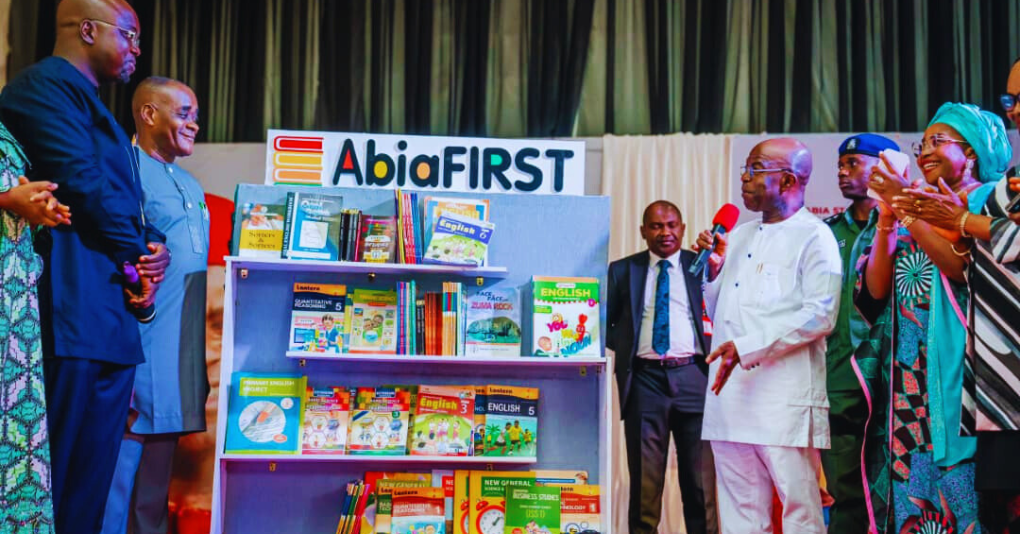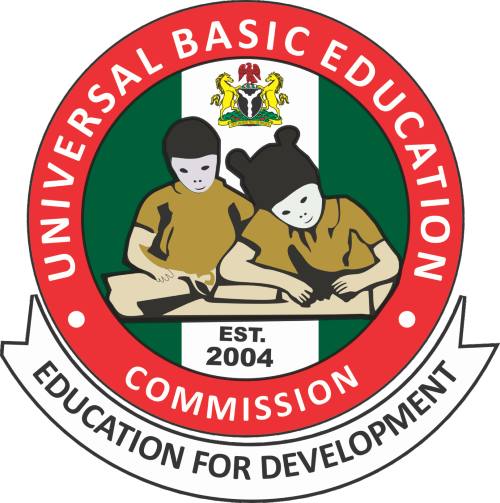Reaffirming the Federal Government’s commitment to youth empowerment through technical and vocational education, the Federal Ministry of Education, in partnership with the World Bank and Fabsi Institute of Entrepreneurship, on Monday launched a digital skills training programme for 200 Nigerian youths in Suleja, Niger State.
The initiative, implemented under the Innovation Development and Effectiveness in the Acquisition of Skills (IDEAS)/Technical and Vocational Education and Training (TVET 2) Project, seeks to equip young Nigerians with employable skills in computer hardware and mobile phone repairs while fostering self-reliance, innovation, and entrepreneurship.
Speaking at the flag-off ceremony, Dr. Ngozi Onwudiwe, retired Permanent Secretary, Federal Ministry of Information and National Orientation, described the training as “a launch of dreams and a doorway to opportunity.”
“Today, we are not just launching a training programme; we are launching dreams,” she said. “We are opening doors of opportunity for young Nigerians to take charge of their future, create solutions, and write their own success stories.”
Dr. Onwudiwe said the initiative represents a strategic investment in Nigeria’s youth, arming them with both technical and entrepreneurial skills needed to thrive in a technology-driven world.
“Those who understand how technology works and how to fix it hold the key to tomorrow’s economy,” she said. “This programme is about turning our youth into problem-solvers, innovators, and entrepreneurs, the kind of leaders our nation needs in this digital age.”
She commended the Federal Ministry of Education, the World Bank, and the Fabsi Institute of Entrepreneurship for their collaboration, describing the programme as a “model of impactful partnership” between government, international agencies, and local institutions.
“Every investment in skills development is an investment in peace, progress, and prosperity,” she added. “To our trainees, this is your moment. What you learn here can change your life. Be disciplined, creative, and honest because the world rewards not only what you can do but who you are.”
Dr. Onwudiwe, in her closing remarks, reminded participants that the future belongs to those who are willing to learn, innovate, and lead with integrity.
“The future is digital. The future is entrepreneurial. But most importantly, the future is yours,” she declared. “As we flag off this training, I want each of you to say to yourself: I am the future. I am skilled. I am unstoppable.”
In his remarks, Dr. Ali Onoja, Chief Executive Officer of the African Health Project and Proprietor of Fabsi Institute of Entrepreneurship, said the six-month programme will provide participants aged 15 to 35 with hands-on training, certification, and internship opportunities to enhance their employability.
“This project is set to make a substantial impact by improving digital literacy and job readiness,” Onoja said. “Successful trainees will be registered with the Computer Professionals Registration Council of Nigeria (CPN), strengthening their prospects for formal employment and entrepreneurship.”
He explained that the curriculum aligns with the National Skills Qualification Framework (NSQF) and National Occupational Standards (NOS) approved by the National Board for Technical Education (NBTE).
Highlighting past achievements, Onoja revealed that over 1,000 Nigerian youths, including persons with disabilities, have benefitted from previous IDEAS project phases implemented through partnerships with firms such as Ubelle Nigeria Limited and Neo Cloud Technologies.
“Out of 529 trainees who enrolled in the 2024 cohort, 460 earned certifications in data analytics, cybersecurity, digital marketing, and graphics design,” he said. “We expect 100 percent certification success in this batch. Parents would have paid heavily for this quality of training if not for the Federal Government and World Bank support.”
Also speaking, Mrs. Blessing Ogwu, National Coordinator of the IDEAS TVET Initiative, represented by Mrs. Uche Mbaogu, stressed that the training is completely free of charge, being funded through a World Bank-supported Federal Government loan facility.
“Did anybody ask you to pay any money? No,” she told the trainees. “The Federal Government obtained a loan from the World Bank to train Nigerians free of charge. The goal is to ensure that no young person remains idle or unskilled.”
She explained that the IDEAS project aims to reduce unemployment and dependence on white-collar jobs by providing practical skills that make young people self-sufficient and productive members of society.
“We don’t want to see artisans roaming the streets or people doing nothing. Let us train them to be self-reliant,” she said. “When you have a white-collar job and also a skill, you have a double advantage you can create jobs instead of waiting to apply for one.”
“Today marks a crucial step in empowering Nigerian youth with the skills, knowledge, and opportunities they need to thrive,” she said. “Through this initiative, we reaffirm our resolve to tackle unemployment, foster innovation, and promote inclusive development across our great nation.”
Share this post





Be the first to comment on this post